Vegan diet
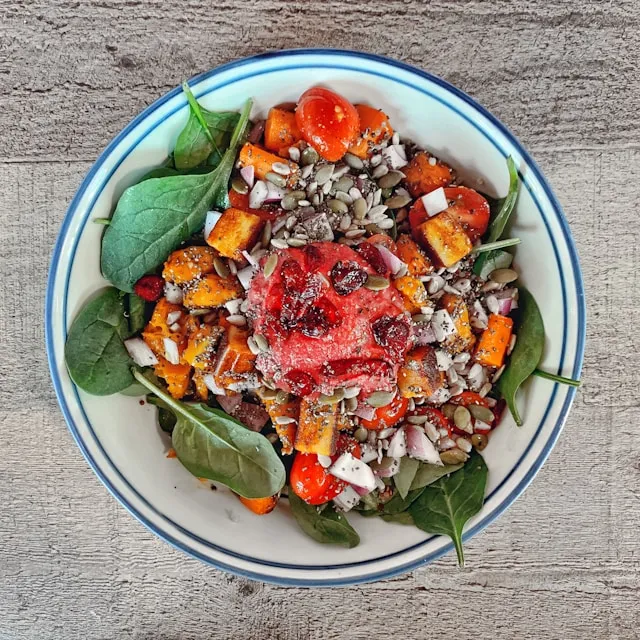
Vegan diet
A vegan diet is a type of plant-based eating plan that excludes all animal products, including meat, dairy, eggs, and even honey. The main idea behind a vegan diet is to promote overall health, well-being, and compassion towards animals and the environment. Key principles of a vegan diet include consuming a variety of fruits, vegetables, whole grains, and legumes, while avoiding foods that come from animal exploitation. This diet aims to provide essential nutrients while promoting sustainable and environmentally-friendly practices. By following a vegan diet, individuals can enjoy numerous health benefits, support animal welfare, and contribute to a more eco-friendly world.
Principles of the Vegan diet
A vegan diet is a type of plant-based diet that excludes all animal products, including meat, dairy, eggs, and even honey. The main idea behind a vegan diet is to avoid causing harm or exploitation to animals, while also promoting a healthier and more sustainable lifestyle. At its core, veganism is guided by three main principles: compassion, sustainability, and health. Vegans believe in living in harmony with animals, reducing their carbon footprint, and nourishing their bodies with wholesome, plant-based foods. By adopting a vegan diet, individuals can make a positive impact on the environment, animal welfare, and their own well-being.
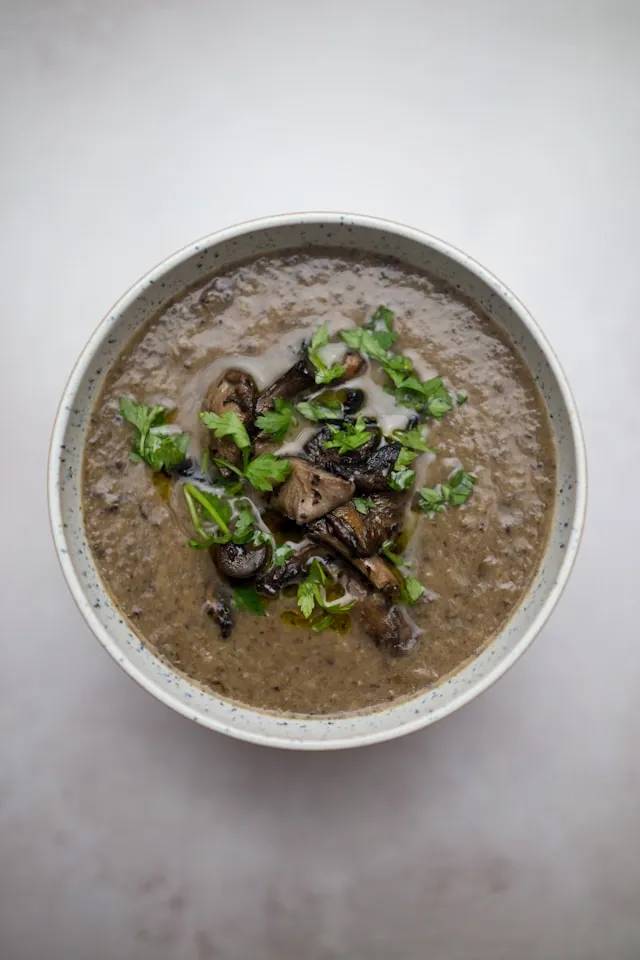
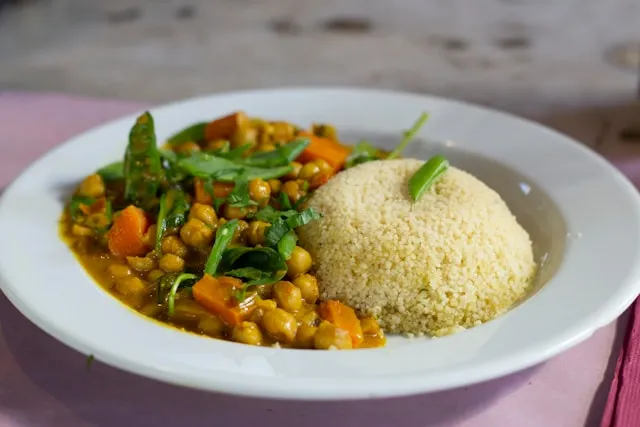
What foods are in the Vegan diet?
A vegan diet excludes all animal products, focusing on plant-based foods instead. Some staples of a vegan diet include fruits, vegetables, whole grains, legumes, nuts, and seeds. These foods provide essential nutrients like protein, iron, calcium, and vitamin B12. Some popular vegan foods include tofu, tempeh, seitan, lentils, chickpeas, quinoa, brown rice, avocados, bell peppers, broccoli, and leafy greens. Vegans may also consume plant-based milk alternatives, such as soy milk and almond milk, and vegan-friendly sweeteners, like maple syrup and coconut sugar.
What foods are NOT in the Vegan diet?
A vegan diet excludes foods that come from animals or animal by-products. Some common foods that are not part of a vegan diet include:
Meat: beef, pork, lamb, and game meats Dairy: milk, cheese, yogurt, and butter Eggs Honey Gelatin Refined sugar (often processed using bone char) Refined oils (such as lecithin, which is often derived from eggs) Any food that contains animal-derived ingredients or by-products.
It’s essential to read labels carefully to ensure that packaged foods align with a vegan lifestyle.


What is the Main Idea of the Vegan Diet
The main idea of a vegan diet is to exclude all animal products from one’s diet, including meat, fish, poultry, dairy, eggs, and honey. This dietary choice typically stems from ethical, environmental, and health-related reasons. Vegans rely exclusively on plant-based foods, including fruits, vegetables, grains, nuts, seeds, and legumes, to meet their nutritional needs. The focus is on consuming a variety of plant-derived sources to ensure a balanced intake of essential nutrients while abstaining from all forms of animal exploitation and cruelty, promoting environmental sustainability, and advocating for personal and public health.
The Way to follow the Vegan diet properly
To follow a vegan diet properly, consider the following guidelines:
Nutrient Diversity: Consume a wide variety of fruits, vegetables, leafy greens, whole grains, legumes, nuts, seeds, and plant-based protein sources to ensure you obtain all essential nutrients.
Protein Sources: Include protein-rich foods such as beans, lentils, chickpeas, tofu, tempeh, seitan, quinoa, and soy products to meet your daily protein requirements.
Essential Nutrients: Pay attention to consuming essential nutrients like iron, calcium, vitamin D, vitamin B12, omega-3 fatty acids, and zinc, as these can be more challenging to obtain from a vegan diet. Consider fortified foods or supplements to fulfill these needs.
Balanced Meals: Plan your meals to ensure you’re getting a variety of nutrients, and include sources of healthy fats like avocados, nuts, and seeds.
Read Labels: When purchasing packaged or processed vegan products, be mindful of added sugars, sodium, and artificial additives by reading labels carefully.
Meal Planning: Explore new vegan recipes and meal ideas to keep your diet varied, interesting, and nutritionally balanced.
Consider Support: Connect with other vegans for support and recipe ideas. If needed, consult a registered dietitian to ensure you’re meeting your nutritional requirements.
By following these guidelines, you can effectively follow a vegan diet while maintaining good health and meeting your nutritional needs.
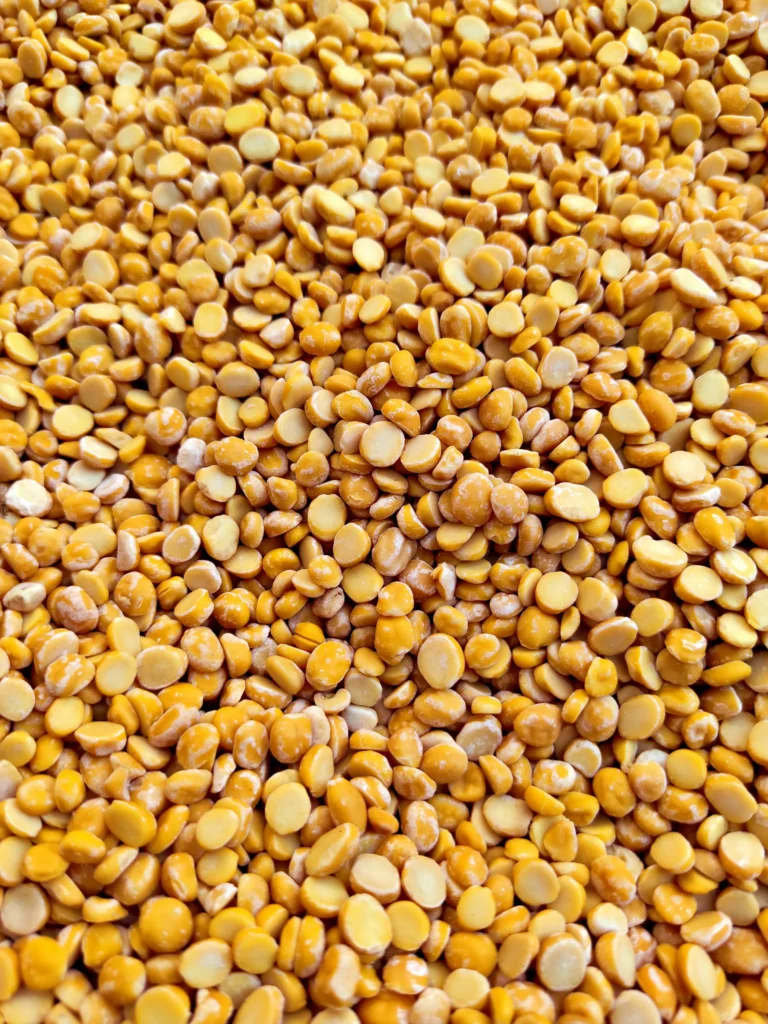
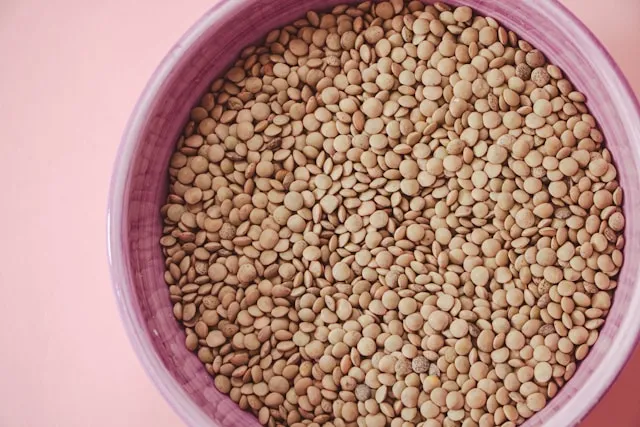
Is the Vegan Diet compatible with high physical activity and athletics?
Yes, a well-planned vegan diet can be compatible with high physical activity and athletics. Athletes following a vegan diet can meet their energy needs and support their exercise demands effectively with proper planning. Below are key considerations for athletes following a vegan diet:
Caloric Needs: It’s important for athletes to consume sufficient calories to support their training and activity levels. This often involves incorporating nutrient-dense foods such as whole grains, legumes, fruits, vegetables, nuts, and seeds.
Protein Sources: Opt for a variety of plant-based protein sources such as legumes, tofu, tempeh, seitan, quinoa, nuts, seeds, and plant-based protein powders to support muscle repair and growth.
Iron: Plant-based iron sources include lentils, tofu, chickpeas, spinach, and fortified cereals. Consuming vitamin C-rich foods alongside iron sources can enhance iron absorption.
Calcium and Vitamin D: Include calcium-fortified plant milks, fortified juices, leafy greens, and consider vitamin D supplementation if sun exposure is limited.
Omega-3 Fatty Acids: Incorporate plant-based sources of omega-3s such as flaxseeds, chia seeds, walnuts, and algae-based supplements to support inflammation regulation and overall health.
Hydration: Proper hydration is crucial for all athletes. Ensure you drink an adequate amount of water before, during, and after exercise.
Consultation: If you have specific concerns or nutritional requirements based on your sport or activity level, consider consulting with a registered dietitian experienced in working with vegan athletes.
By paying attention to these considerations and planning your meals to meet your nutrient needs, you can maintain high physical activity levels and excel in athletics while following a vegan diet.
Read the article about vegan athletes: https://www.veganfoodandliving.com/features/vegan-athletes-plant-based-diet/
Does the Vegan diet help you lose weight and become slim?
A well-planned vegan diet can contribute to weight loss and help individuals achieve a slimmer physique for several reasons:
Lower Caloric Density: Plant-based foods, such as fruits, vegetables, legumes, and whole grains, tend to be lower in calorie density compared to animal products and processed foods. This can make it easier to consume a larger volume of food while taking in fewer calories, which can support weight loss.
Higher Fiber Content: Vegan diets are typically rich in dietary fiber from fruits, vegetables, and whole grains. Fiber aids in promoting feelings of fullness, managing hunger, and supporting healthy digestion, potentially leading to reduced calorie intake and weight loss.
Reduced Intake of Saturated Fats: Vegan diets generally contain lower levels of saturated fats, which are commonly found in animal products. Limiting these fats can be beneficial for weight management.
Emphasis on Whole Foods: Many individuals adopting a vegan diet focus on consuming whole, minimally processed foods. This can lead to a lower intake of added sugars, unhealthy fats, and refined carbohydrates, potentially aiding in weight management.
Increased Intake of Nutrient-Dense Foods: Vegan diets often include a wide variety of nutrient-dense foods, which can support overall health and encourage weight loss.
It’s important to note that weight loss outcomes on a vegan diet ultimately depend on many factors, including overall calorie intake, portion sizes, food choices, and physical activity levels. Simply adopting a vegan diet does not guarantee weight loss, but it can be a valuable tool when combined with healthy eating habits and lifestyle choices. As with any significant dietary changes, individualized guidance from a healthcare provider or registered dietitian is recommended to support safe and effective weight management.

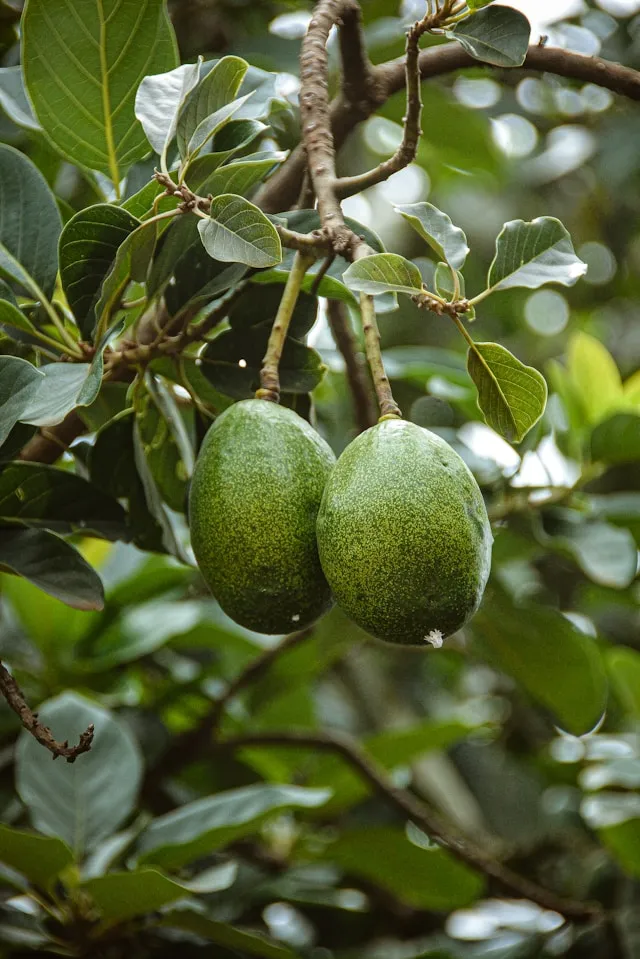
Is the Vegan Diet safe for health and anyone can follow it? Do I need to consult a nutritionist to start following this diet?
Following a well-planned vegan diet can be safe and nutritionally adequate for individuals of all ages, including children, adolescents, adults, and seniors. However, it’s essential to make informed food choices to ensure that all essential nutrients are obtained. Some key nutrients to pay attention to on a vegan diet include protein, iron, calcium, vitamin D, vitamin B12, and omega-3 fatty acids.
Consulting a registered dietitian or nutritionist can be beneficial when transitioning to a vegan diet, especially if you have specific health concerns, dietary restrictions, or are at different life stages (such as pregnancy, lactation, adolescence, or older adulthood). A nutrition professional can provide personalized guidance to help you plan a balanced vegan diet that meets your nutritional needs.
It’s important to note that while a vegan diet can be healthy when well-planned, simply removing animal products from your diet without considering nutrient balance and food variety could result in nutritional deficiencies. Therefore, seeking guidance from a nutrition expert can help ensure that your dietary choices align with your specific health needs and support your overall well-being.
Is the Vegan diet good for the heart?
Yes, a well-planned vegan diet can be beneficial for heart health. Here’s how:
Lower Saturated Fat Intake: Vegan diets typically have lower levels of saturated fats, which are commonly found in animal products. Reducing saturated fat intake can help lower cholesterol levels and decrease the risk of heart disease.
High in Fiber: Vegan diets are usually rich in fiber from fruits, vegetables, whole grains, legumes, nuts, and seeds. Fiber helps lower cholesterol levels, improve heart health, and support overall cardiovascular function.
Rich in Antioxidants: Plant-based foods are abundant in antioxidants, which can help reduce inflammation and oxidative stress in the body, contributing to heart health.
Healthy Fats: Many vegan diets emphasize healthy fats from sources like avocados, nuts, seeds, and plant-based oils, which can have a positive impact on heart health and cholesterol levels.
Lower Blood Pressure: Research suggests that vegan diets may be associated with lower blood pressure levels, further benefiting heart health.
Weight Management: Vegan diets may be helpful for weight management, as they are typically lower in calorie density and can support healthy weight loss or maintenance, which is important for heart health.
By focusing on a variety of nutrient-dense plant-based foods and ensuring adequate intake of essential nutrients, a vegan diet can be a heart-healthy choice. It’s always recommended to consult with a healthcare provider or registered dietitian before making significant dietary changes to ensure that your diet aligns with your individual health needs and goals.

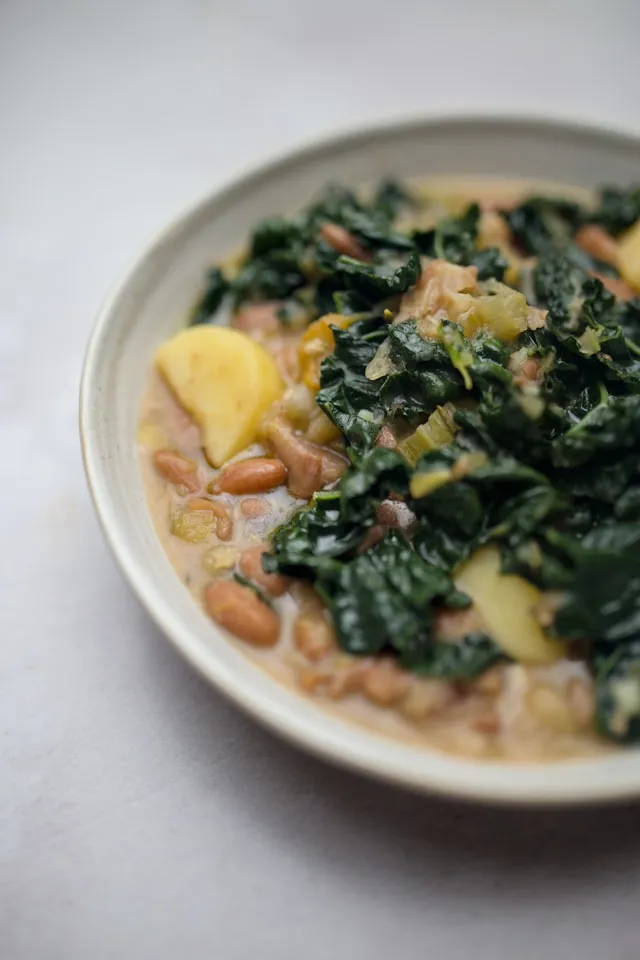
Vegan diet
A vegan diet is a type of plant-based diet that excludes all animal products, including meat, dairy, eggs, and even honey. The main idea behind a vegan diet is to promote health, reduce harm to animals, and protect the environment. The core principles of a vegan diet are to avoid exploitation and cruelty towards animals, as well as to minimize the diet’s negative impact on the planet. Vegans rely on plant-based foods such as fruits, vegetables, grains, and legumes, and often opt for sustainable and locally sourced options. By adopting a vegan diet, individuals can experience numerous health benefits and contribute to a more sustainable food system.

